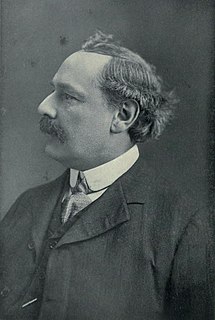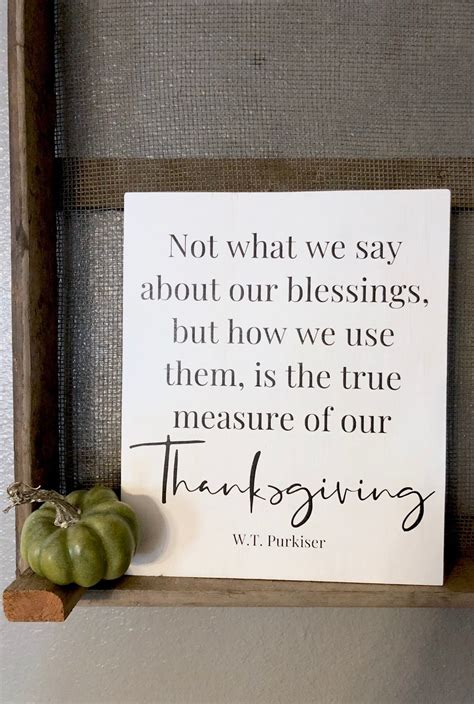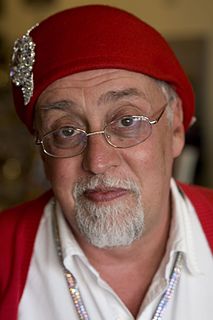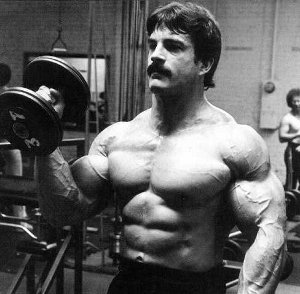A Quote by Roger Ebert
If you can act as if something is true, in a sense that makes it true.
Related Quotes
If I wanted to doubt, then I could doubt endlessly, but at some point a person has to stop questioning and act, and at that point you have to trust something to be true. You have to act as if something is true, and so you choose the thing you have the most reason to believe in, you have to live in the world that you have the most hope in.
Either Christianity is true or it's false. If you bet that it's true, and you believe in God and submit to Him, then if it IS true, you've gained God, heaven, and everything else. If it's false, you've lost nothing, but you've had a good life marked by peace and the illusion that ultimately, everything makes sense. If you bet that Christianity is not true, and it's false, you've lost nothing. But if you bet that it's false, and it turns out to be true, you've lost everything and you get to spend eternity in hell.
This is in us: a certain sense of denial, a certain sense of groupthink. This is not something that sits on one party line or the other. We've seen it in all permutations throughout history, and at the core of it is a certain insistence that what we want to be true is now true, and what we don't like is now false.
The conditions of a true critique and a true creation are the same: the destruction of an image of thought which presupposes itself and the genesis of the act of thinking in thought itself. Something in the world forces us to think. This something is an object not of recognition but of a fundamental encounter
Maybe this is all a bit of a myth, a willful desire to give each place its own unique aura. But doesn't any collective belief eventually become a kind of truth? If enough people act as if something is true, isn't it indeed "true," not objectively, but in the sense that it will determine how they will behave? The myth of unique urban character and unique sensibilities in different cities exists because we want it to exist.
Pascal makes no attempt in this most famous argument to show that his Roman Catholicism is true or probably true. The reasons which he suggests for making the recommended bet on his particular faith are reasons in the sense of motives rather than reasons in the sense of grounds. Conceding, if only for the sake of the present argument, that we can have no knowledge here, Pascal tries to justify as prudent a policy of systematic self-persuasion, rather than to provide grounds for thinking that the beliefs recommended are actually true.




































